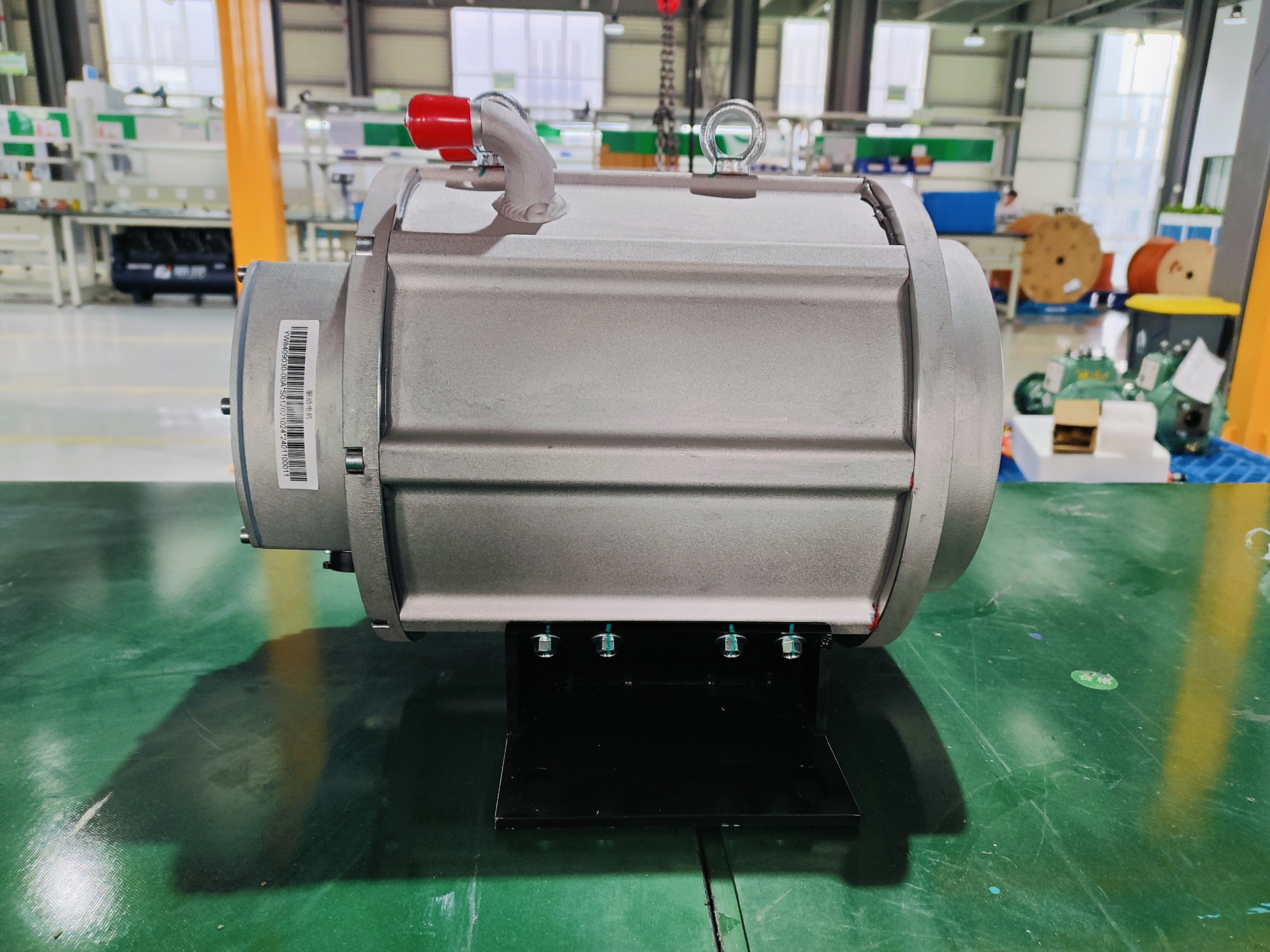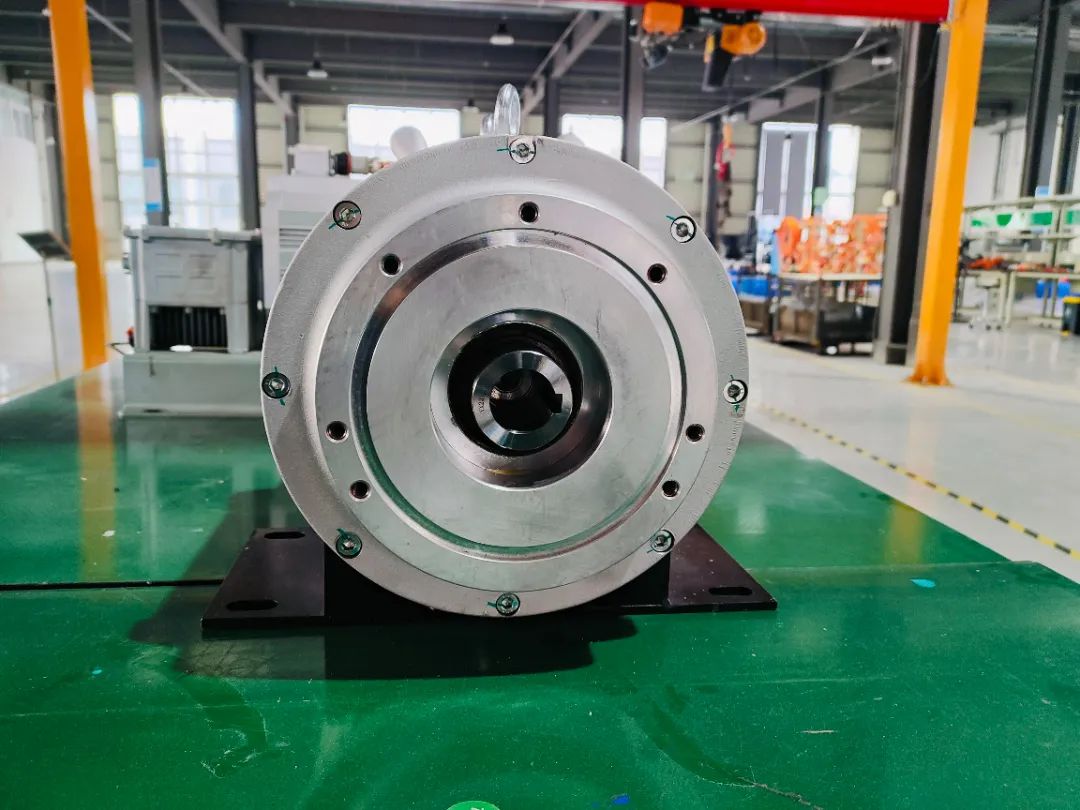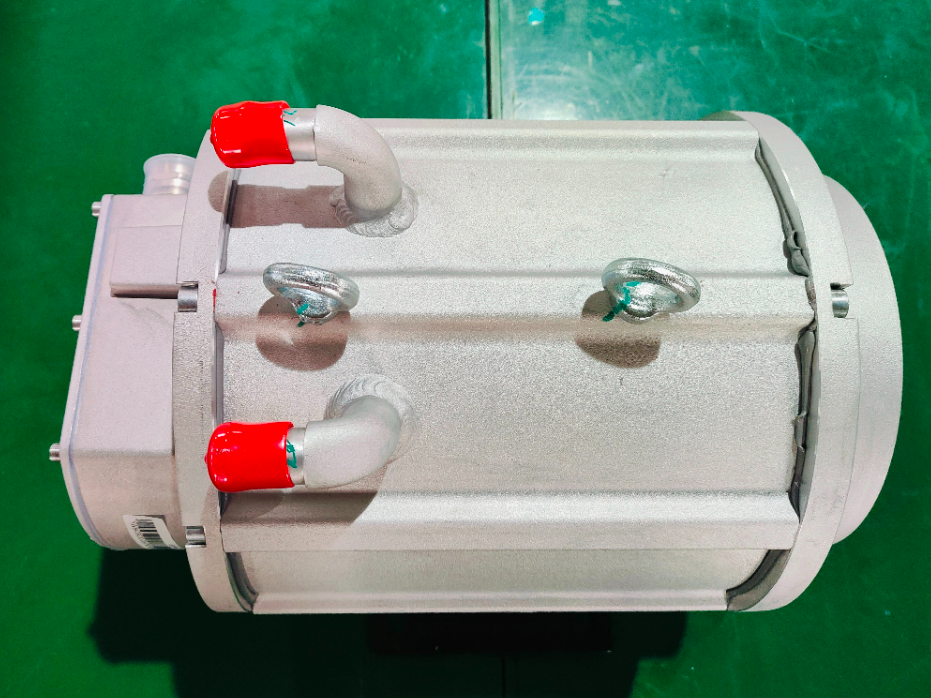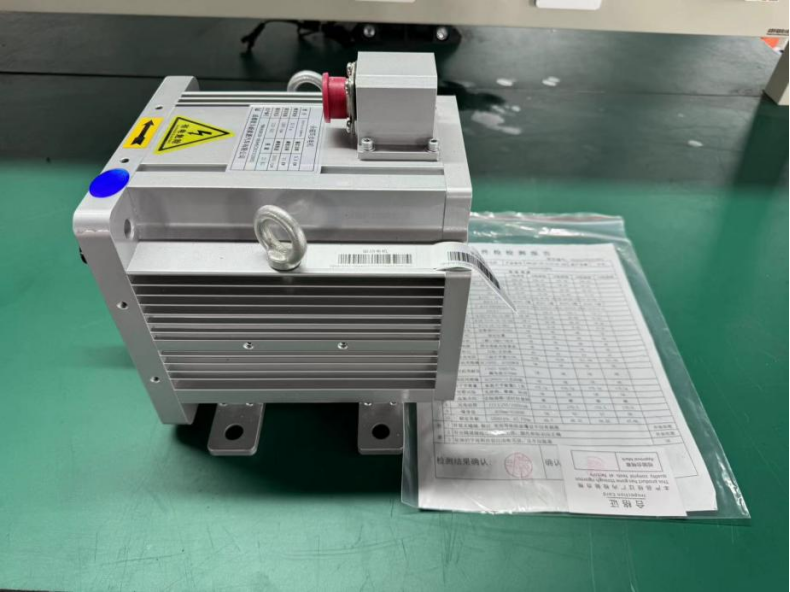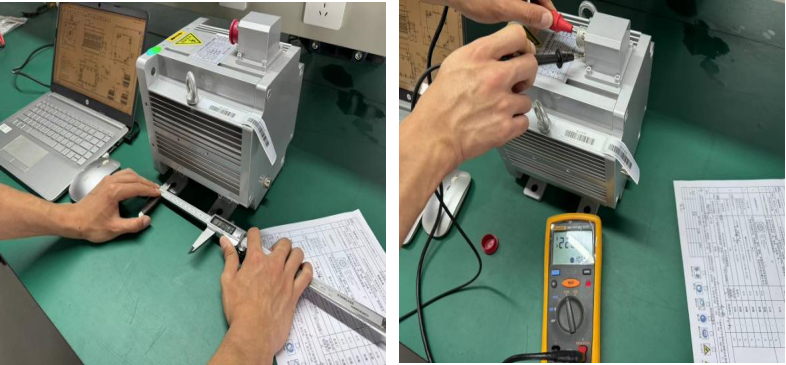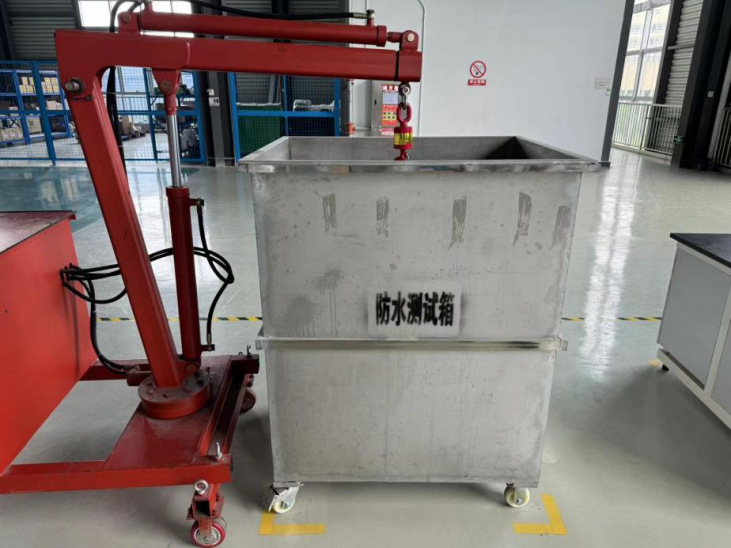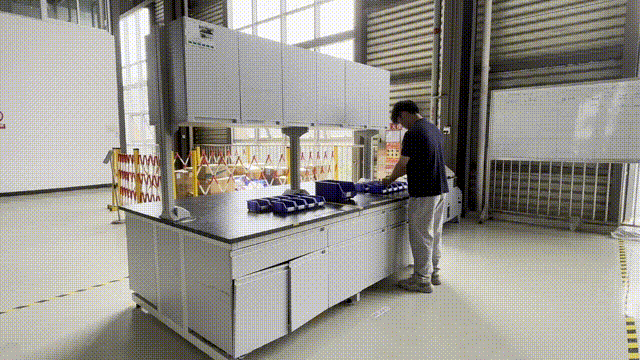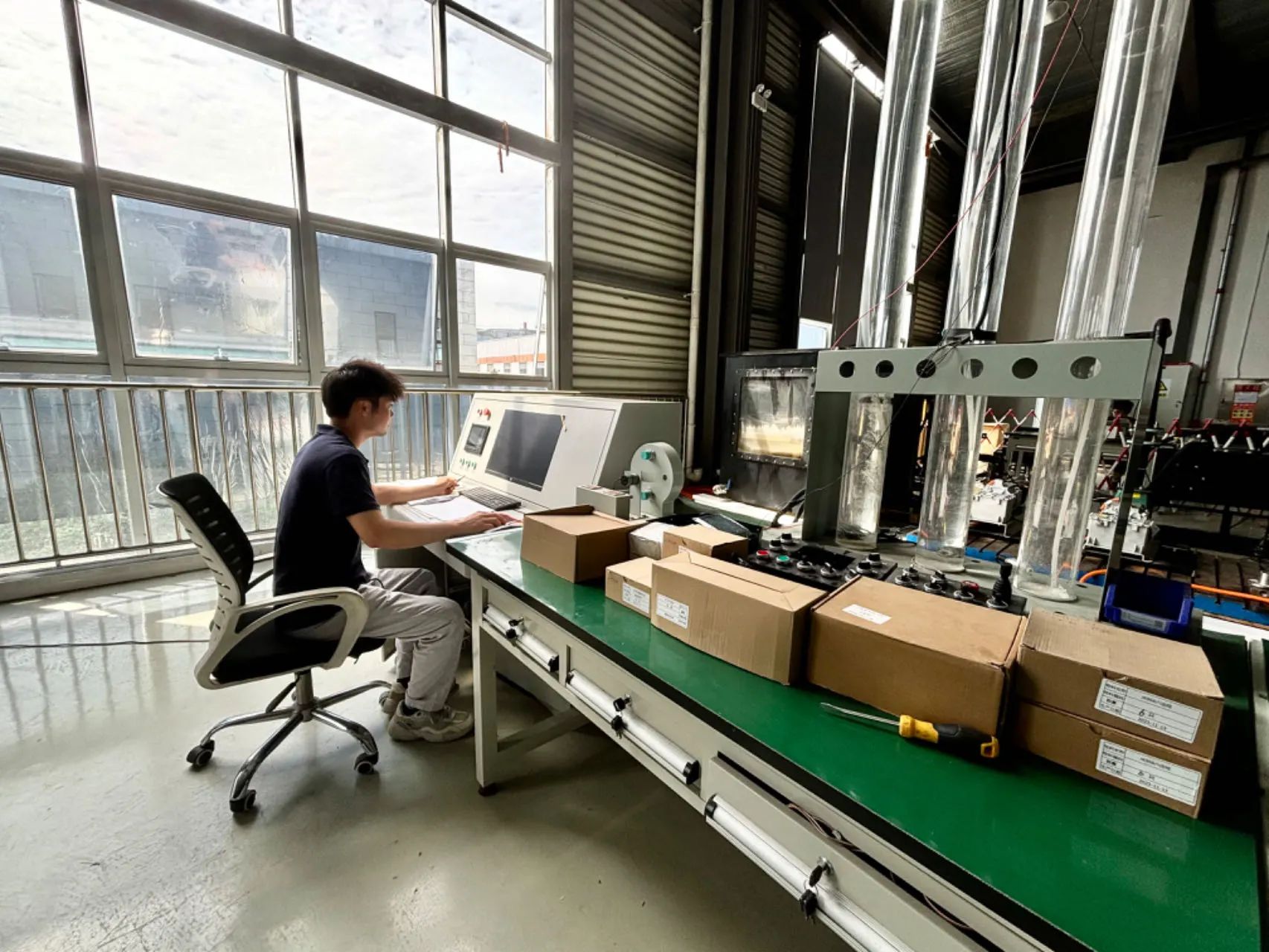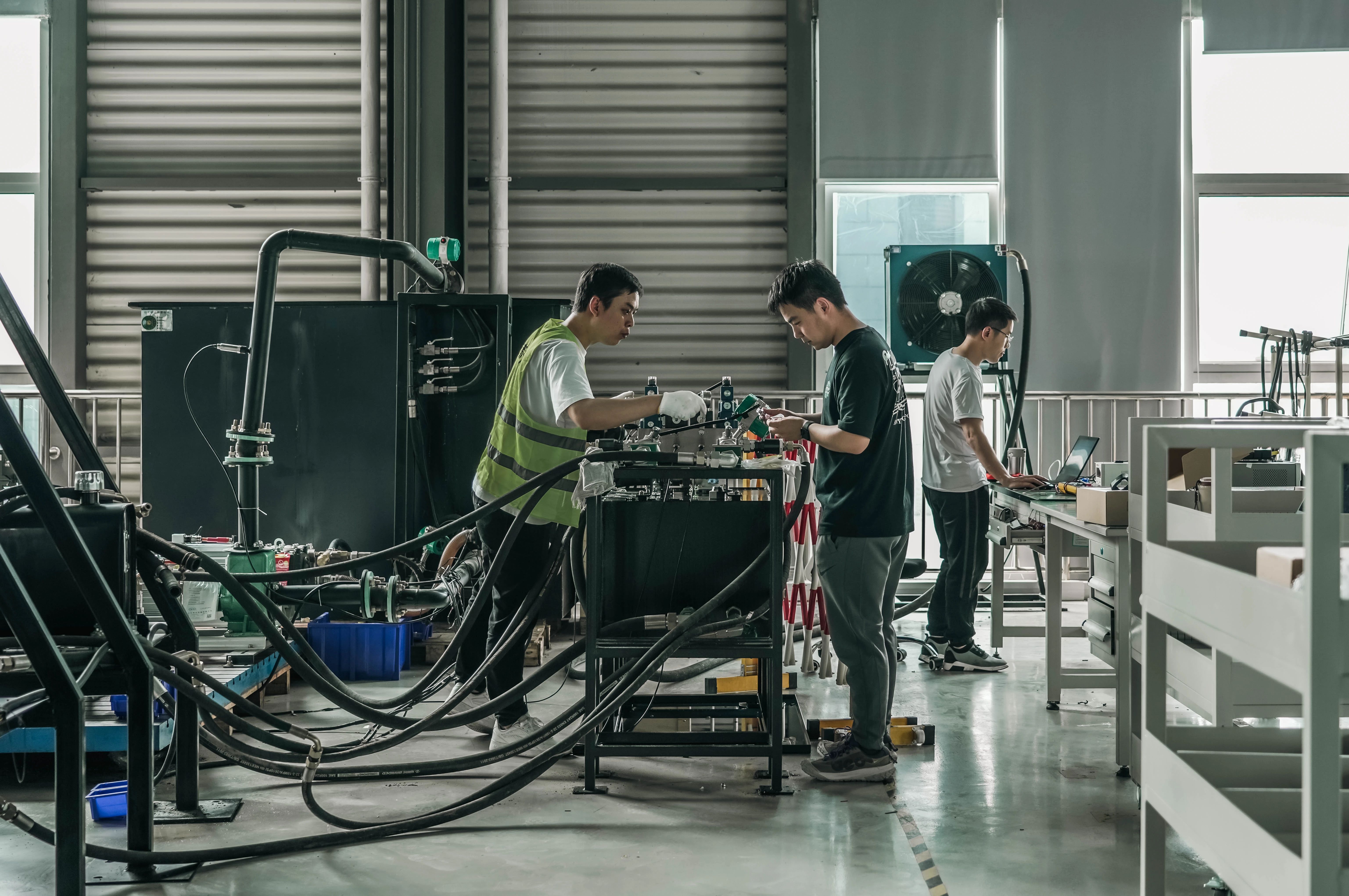In order to ensure the safety and stability of new energy vehicles, comprehensive testing of new energy vehicle components is necessary. Incoming materials inspection serves as the first quality checkpoint in the production process. Yiwei for Automotive has established a complete incoming materials inspection management system to ensure that the quality of components meets high standards. This article takes electric motors as an example to introduce the incoming materials inspection process at Yiwei for Automotive's new energy power system manufacturing base.
Incoming Quality Control (IQC) classifies materials into full inspection, sampling inspection, or exemption based on the supplier's quality assurance capabilities, quantity, volume, and importance of the components. For critical components like motors, Yiwei for Automotive conducts rigorous full inspections. Upon receiving materials and inspection requests, IQC first refers to technical agreements, drawings, inspection specifications, and inspection guides as the basis for inspection, while also verifying factory inspection reports and specifications.
Packaging Label Inspection: Confirming packaging integrity, checking for no crushing or damage, observing if there are any instances of rough handling, and verifying whether external labels comply with Yiwei for Automotive's packaging label specifications and contain accurate information.
Visual Inspection: Typically conducted using visual inspection, tactile examination, and limited sample methods to ensure that motors are free from surface damage, paint defects, color deviations, and other visual defects.
Dimensional Inspection: Using tools such as calipers and micrometers to measure the basic dimensions and assembly dimensions of motors to ensure compliance with drawing requirements.
Insulation Testing: Using insulation meters, insulation testers, and other tools to measure the insulation resistance of motors, ensuring compliance with drawing and technical agreement requirements, and comparing the data with supplier factory inspection reports.
IP67 Waterproof Testing: For electrical components such as motors with waterproof performance requirements, IQC conducts periodic sampling for immersion testing. The test components are subjected to necessary sealing treatment and immersed in a waterproof test box, with testing conducted at a depth of 1 meter for over 30 minutes.
Salt Spray Test: Yiwei for Automotive is equipped with professional salt spray test equipment to conduct regular sampling for 72 or even 144 hours of salt spray testing on components to ensure product rust resistance.
Reliability Testing: Yiwei for Automotive's technical team has built professional test benches for inspectors to conduct endurance tests on assembled electrified components under no-load and load conditions to verify their reliability.
Finally, IQC records quality anomalies and data statistics during incoming material reception and inspection in the incoming materials inspection ledger, serving as the basis for the quality department's control and management of supplier incoming material quality.
High-quality products are key to winning market and customer trust. Yiwei for Automotive implements IQC incoming material quality control, conducts strict inspections of raw materials, screens out unqualified materials to prevent them from entering the production process, thereby ensuring the quality of the final product. It also helps to avoid production failures and waste caused by unqualified materials, continuously optimizing production processes, and improving production efficiency.
Contact us:
yanjing@1vtruck.com +(86)13921093681
duanqianyun@1vtruck.com +(86)13060058315
Post time: Jun-03-2024





